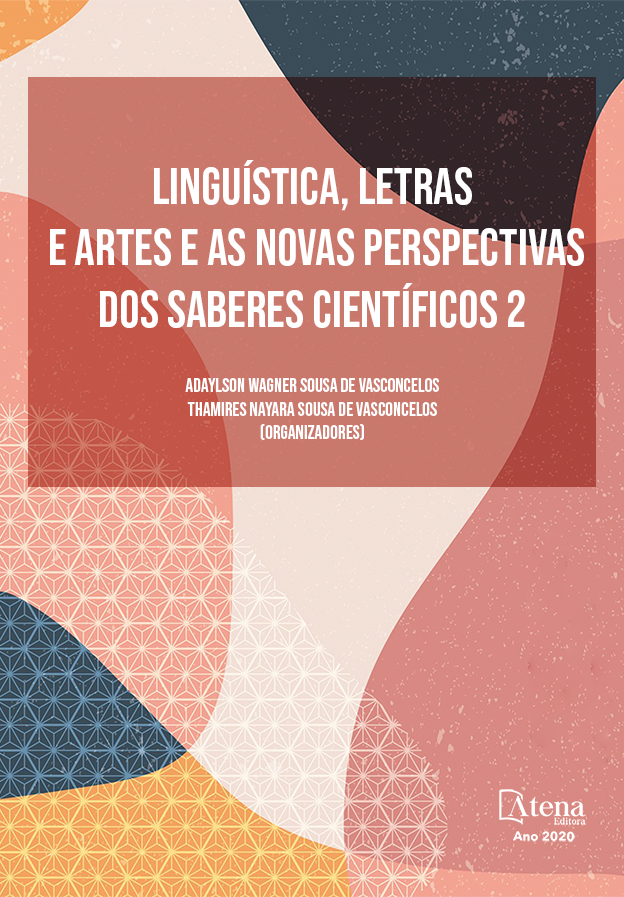
OS SENTIDOS DO CONTO “DIANTE DA LEI” NA PERSPECTIVA DA SEMIÓTICA GREIMASIANA
O texto se propõe analisar, sob o prisma da semiótica, o percurso narrativo do conto “Diante da Lei”, de Franz Kafka. O conto desempenha um papel que propicia uma análise semiótica, que pode ser abordada, em se tratando de gênero textual conto, tendo em vista que os estudos de Greimas oferecem para as palavras significados diferentes referentes à estruturação e interpretação textual. Ancorado nos estudos semióticos, o intuito do trabalho também implica expor que existem situações adversas, que se passam na narrativa por um conflito dos personagens. Assim, este estudo envolve a abordagem da comunicação da estruturação da narrativa no conto, com base na teoria semiótica greimasiana, aplicando a metodologia com enfoque em pesquisa bibliográfica ancorada em estudos de autores que abordam esse tipo de análise. Assim, o trabalho engloba os aspectos literários e semióticos, que ocorrem no conto e na estrutura narrativa. Conclui-se a análise expondo que o conto explora o paradoxo do acesso à justiça perante a demora em poder ser essa acessada por pessoas mais simples, e retrata a condição da relativização da lei ao expor que essa pode ser mais severa para certas pessoas, como o homem do campo.
OS SENTIDOS DO CONTO “DIANTE DA LEI” NA PERSPECTIVA DA SEMIÓTICA GREIMASIANA
-
DOI: 10.22533/at.ed.6382008126
-
Palavras-chave: Semiótica Greimasiana; Diante da Lei; Franz Kafka.
-
Keywords: Greimasian semiotics; Facing the Law; Franz Kafka.
-
Abstract:
The text proposes to analyze, from the prism of semiotics, the narrative course of the short story "Facing the Law", by Franz Kafka. The tale plays a role that provides a semiotic analysis, which can be approached, when dealing with textual genre tale, considering that Greimas' studies offer different meanings for textual structure and interpretation. Anchored in the semiotic studies, the intention of the work also implies to expose that there are adverse situations, that happen in the narrative by a conflict of the personages. Thus, this study involves the communication approach of narrative structuring in the story, based on the greimasian semiotic theory, applying the methodology with a focus on bibliographic research anchored in studies of authors that approach this type of analysis. Thus, the work encompasses the literary and semiotic aspects that occur in the story and in the narrative structure. The analysis concludes that the story explores the paradox of access to justice in the face of the delay in being able to be accessed by simpler people, and portrays the condition of relativization of the law by stating that it may be more severe for certain people, such as the country man.
-
Número de páginas: 15
- Cícero Freud Lacerda Leite
- Karin Elizabeth Rees de Azevedo


